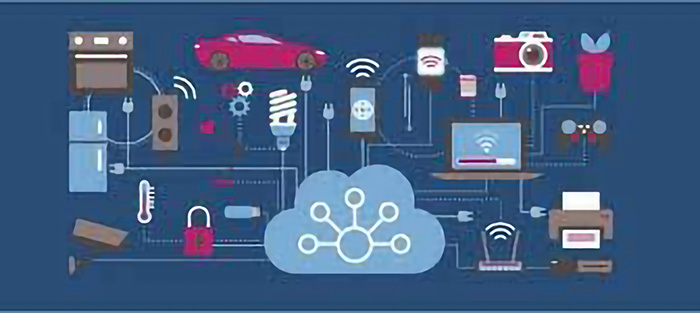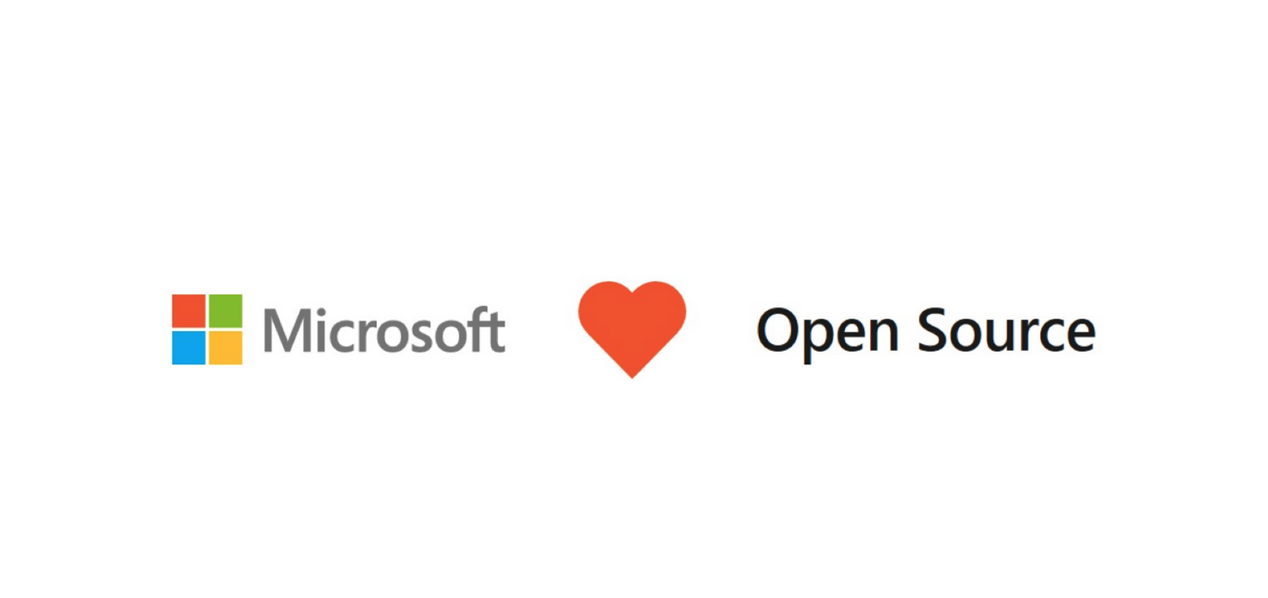This article on the InfoWorld website takes Microsoft to task for “archaic licensing terms” and quotes the CTO of Desktone saying, “Microsoft is stifling innovation here because companies want to leverage desktop virtualization (VDI) for many reasons (mobile devices, Windows upgrades, contract worker, etc.).”
“Obtuse” and “bizarre” are the words used to describe the licensing policy of Microsoft for Service Providers and VDI type deployments. Well, if you have billions of profits to protect from this aggressive cloud stuff, this still almost qualifies as acting nice, doesn’t it?
To me, the real take away from the article, however, is the point made about the transformation of user desktops that is underway enabled by new technologies and fat (fast) transport pipes – not fat clients. The (near) future of the end-user desktop will change a lot from the fat desktops that we know today, with an operating system running applications and data stored locally. The client-server model served us well for many years, but for most of us its days are numbered. The OnLive / VDI type services make sense for the intermediate period, legacy apps and heavy duty apps like games. For all the rest, it’s nothing but a conduit into the new world.
We’re children of the Internet age and that means “webifying” apps. With our next-generation Open-Xchange coming later this year, we’re using HTML 5 and the new JavaScript capabilities so that end users get a “better-than-fat-client”experience and can use any device they choose that has a browser, which includes mobile smart phones and tablets, as well as your favorite computer (or not). And, even better, users can switch between those devices, with the same software (accessed over the Internet), as well as the same data. Even better, if you lose your Internet connection, you can continue using the local cache facilitated with HTML 5. And all that won’t require piping windows down your desktop. It’s the browser, full-stop.
Licensing? That’s simple. Your service provider – web hosting company or telecom carrier, most likely – will deliver everything and only charge you for what you need, no Microsoft or any other fat-client tax for profit protection included.
I can’t wait. Soon, we’re kicking off our early trials with selected service provider partners. Stay tuned for updates.




-png-2.png)
